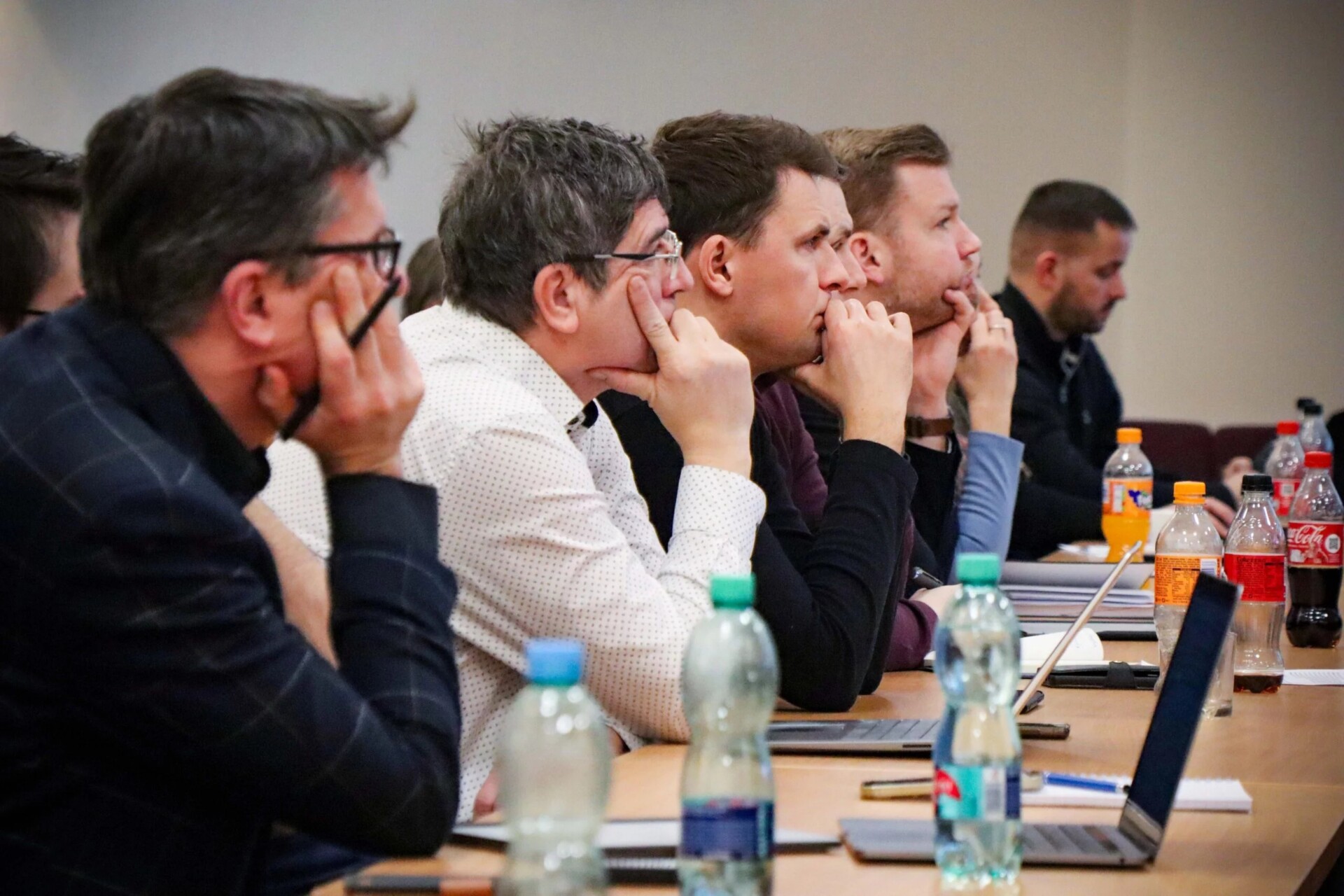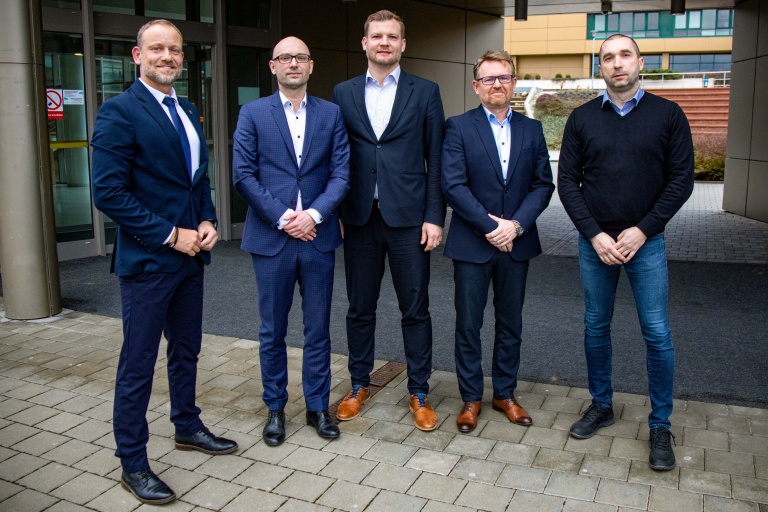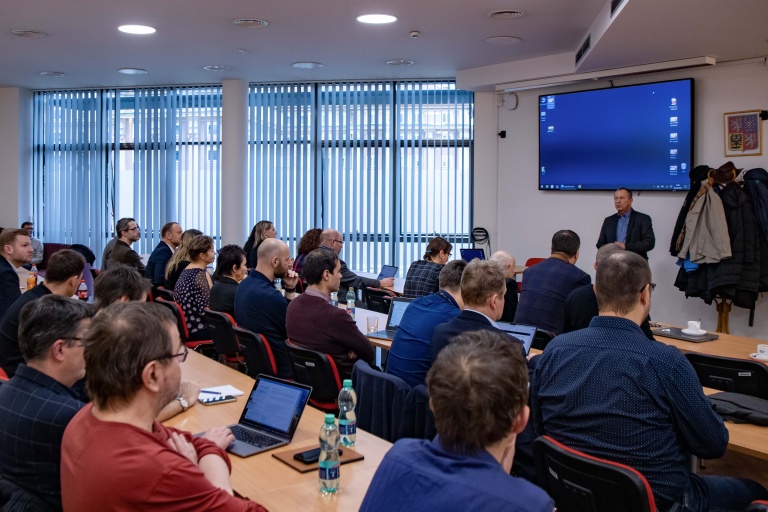
Thanks to REFRESH and LERCO projects, VSB-TUO and the University of Ostrava are looking for research intersections
The presentation of the research plans of the REFRESH project and selected research directions of the LERCO project was the main focus of a joint workshop held on Monday at VSB-TUO. The aim of the meeting of representatives of VSB-TUO, the University of Ostrava, but also, for example, the University Hospital Ostrava was to think about possible areas of contact in research and further possible collaboration. Thanks to the two projects from the Operational Programme Just Transition, it will be possible to use about 4.5 billion crowns in the coming years for the development not only of universities, but especially of the Moravian-Silesian Region.
“We do not see the projects as a competition in which one university should win over another. On the contrary, we want to look for ways in which we can support each other and systematise collaboration. Both projects should serve not as a goal, but as an incubator for the creation of other large projects,” said Václav Snášel, Rector of VSB-TUO.
Petr Kopecký, Rector of the University of Ostrava, also agreed. “The intersections and interfaces between the two projects can be quite large. We attach great importance to mutual collaboration,” he added.
The REFRESH project will build a unique European infrastructure for research and technology transfer in the fields of sustainable energy, digitalisation of industrial production, automation in transport, environmental technologies or smart material technologies. Linking academic and industrial partners in so-called living labs will lead to the transformation of the region into a smart and green region in the spirit of the SMARAGD vision. As the principal investigator, VSB-TUO will collaborate with the University of Ostrava, the Moravian-Silesian Innovation Center and Fraunhofer-Gesellschaft on these tasks. The project is currently awaiting a final decision on the allocation of the CZK 2.5 billion grant.
The LERCO project has already completed the approval process, with a total cost of around CZK 1.8 billion. LERCO also aims to transform the region from a coal-producing region to a healthier and smarter one. The University of Ostrava and its partners have a high professional potential with the ambition to become an excellent centre of excellence in selected medical, natural science, biomedical and behavioural fields. Nine excellent research teams are collaborating within the project. Experts from the Faculty of Medicine, Faculty of Science and Faculty of Education of the University of Ostrava, VSB – Technical University of Ostrava (VSB-TUO) and doctors from the Ostrava University Hospital will meet here. Connection with the commercial sector will be ensured by collaboration with the Moravian-Silesian Innovation Center (MSIC).
The heads of the four living laboratories of the REFRESH project spoke at the workshop. Petr Šimoník from the Faculty of Electrical Engineering and Computer Science of VŠB-UP presented the expert teams and scientific activities of the Industry 4.0 & Automotive Lab, Stanislav Mišák, Director of the Centre for Energy and Environmental Technologies, presented the goals of the Energy Lab, and Radek Zbořil introduced the Materials-Envi Lab research. According to them, it will not only be high-quality basic research, but the industry and the region also expects specific solutions from the experts that can be transferred into practice. Ondřej Slach, Vice-Rector of the University of Ostrava, explained why it is important to monitor the social impact of technological changes on behalf of the Social Lab.
Representatives of three research projects focused on bioinformatics, genetics and cell therapy, applied research in oncology and the use of artificial intelligence and virtual reality in medicine spoke on behalf of the LERCO project. “It is good to look at where the points of contact are and where we could move forward together. I have a strong belief that the teams will work together,” said Štefan Reguli from the Faculty of Medicine at the University of Ostrava, among others.
According to the ideas of both universities, the workshop should be followed by further meetings where it will be possible to propose concrete joint solutions based on the information obtained.







